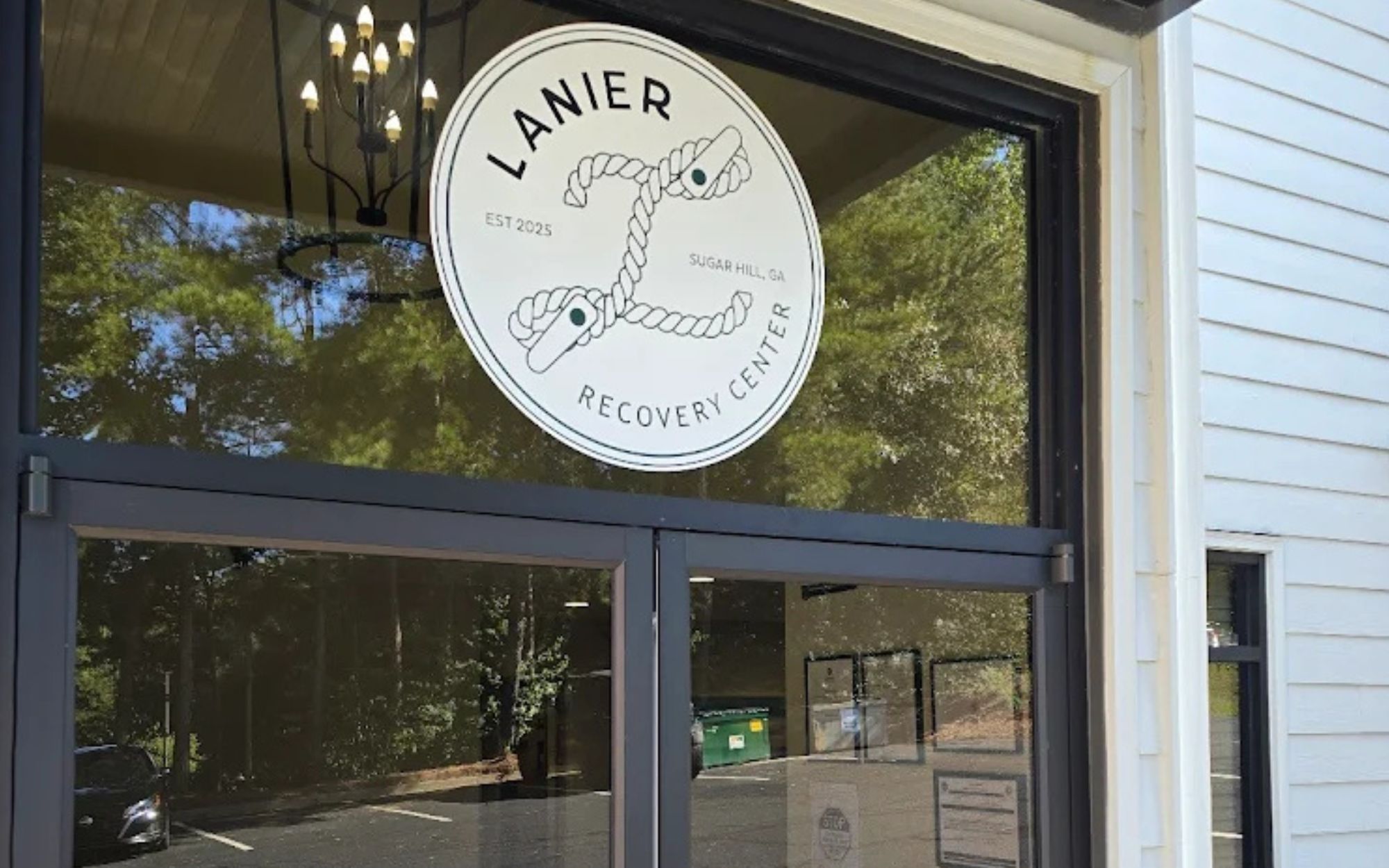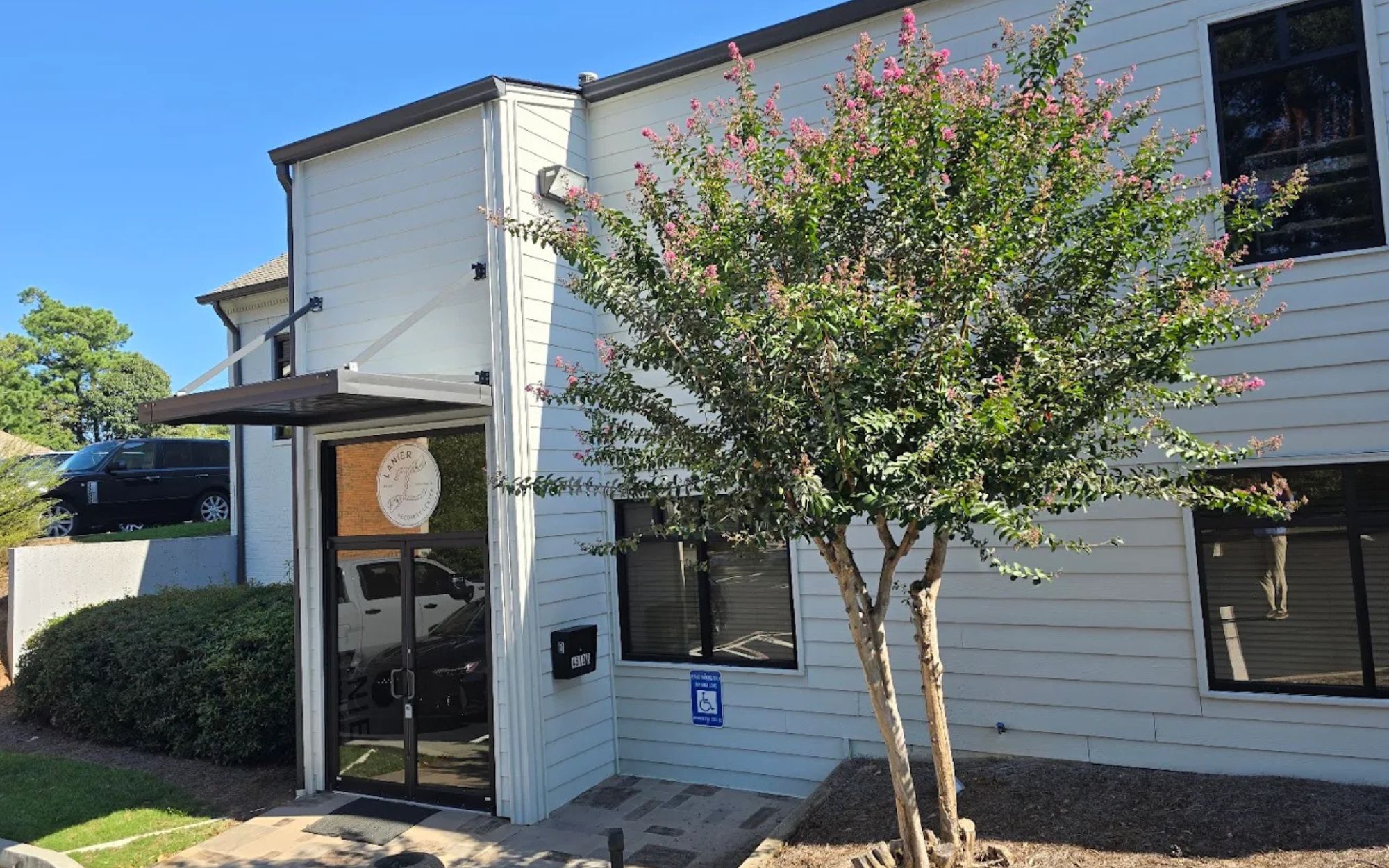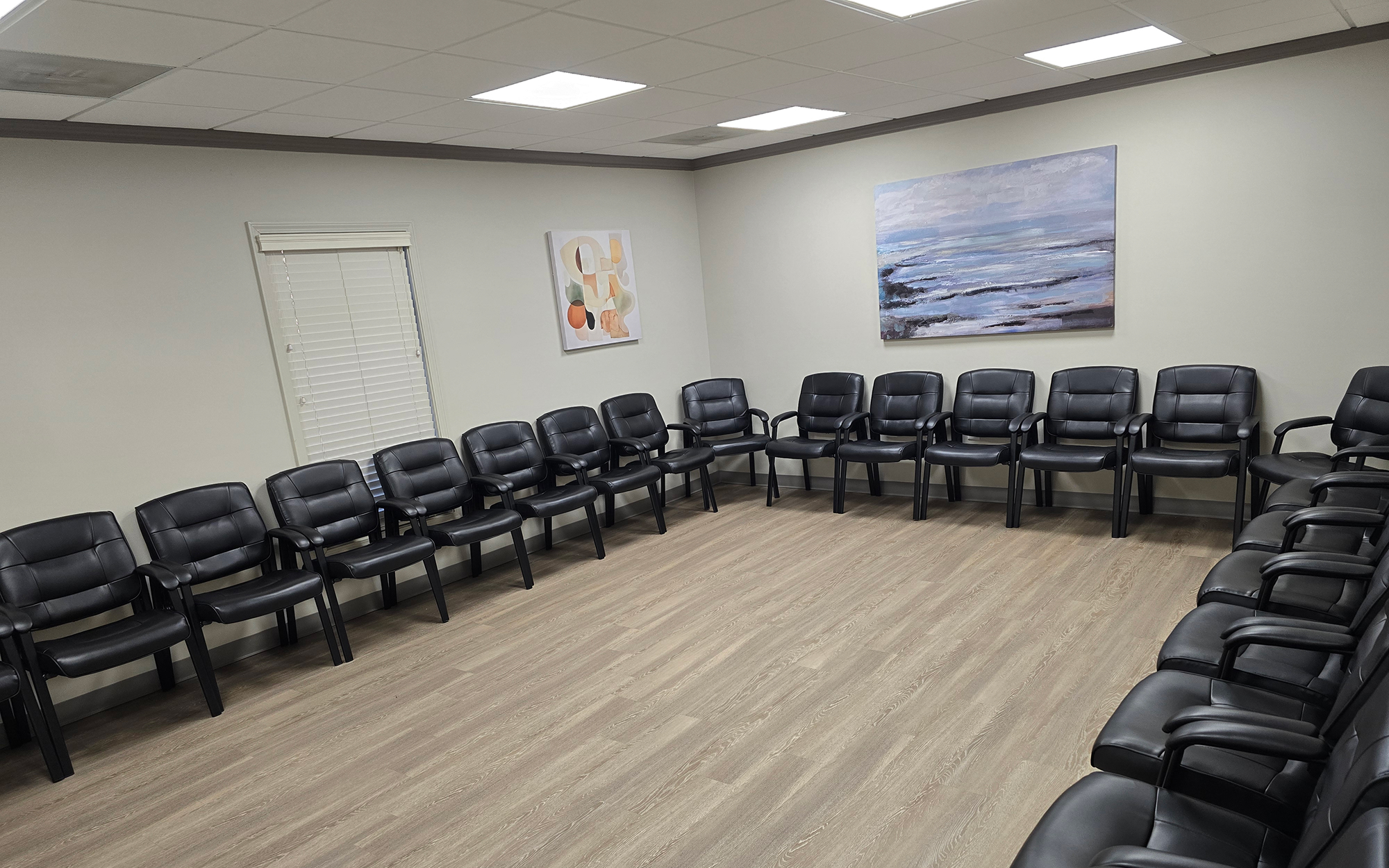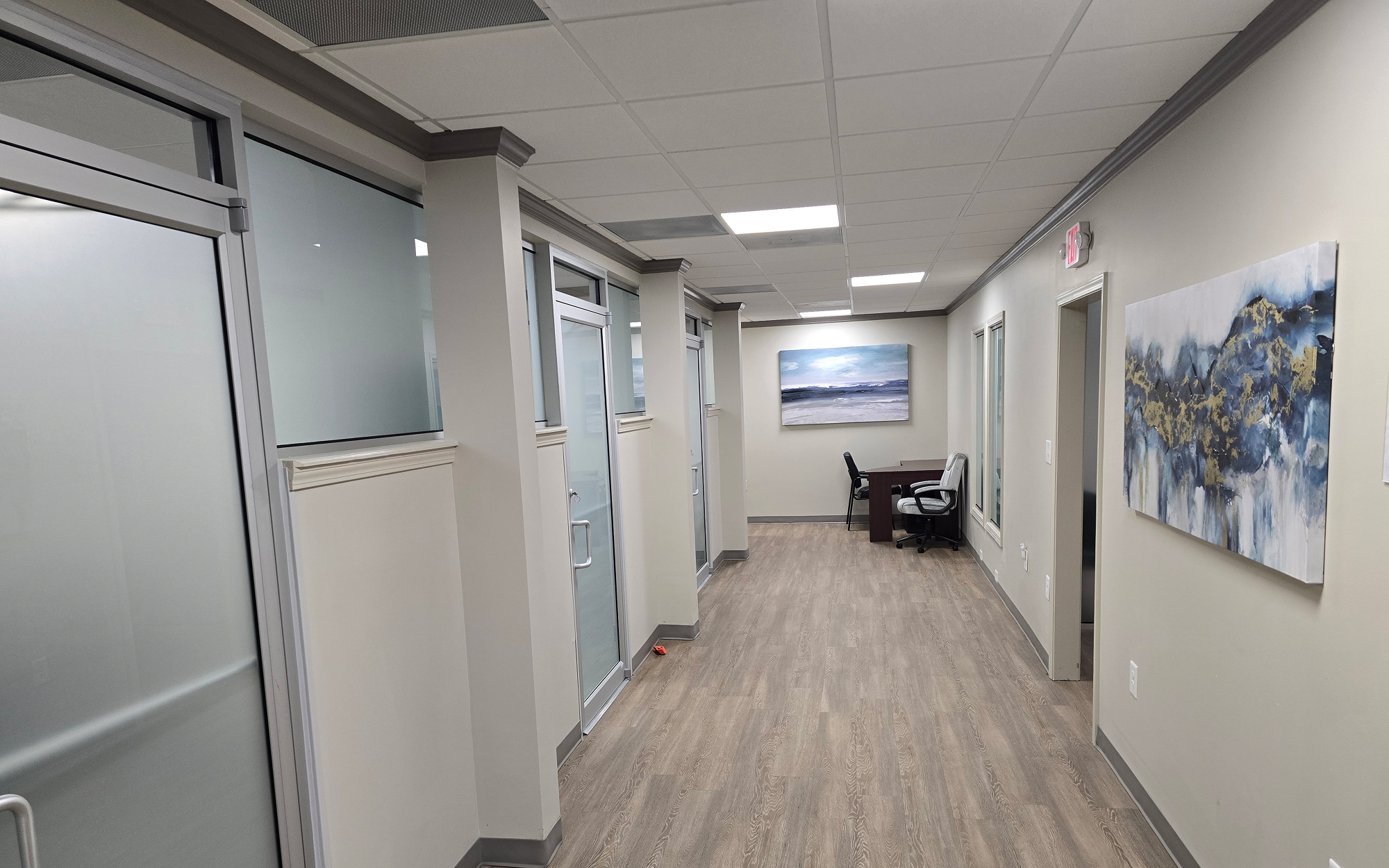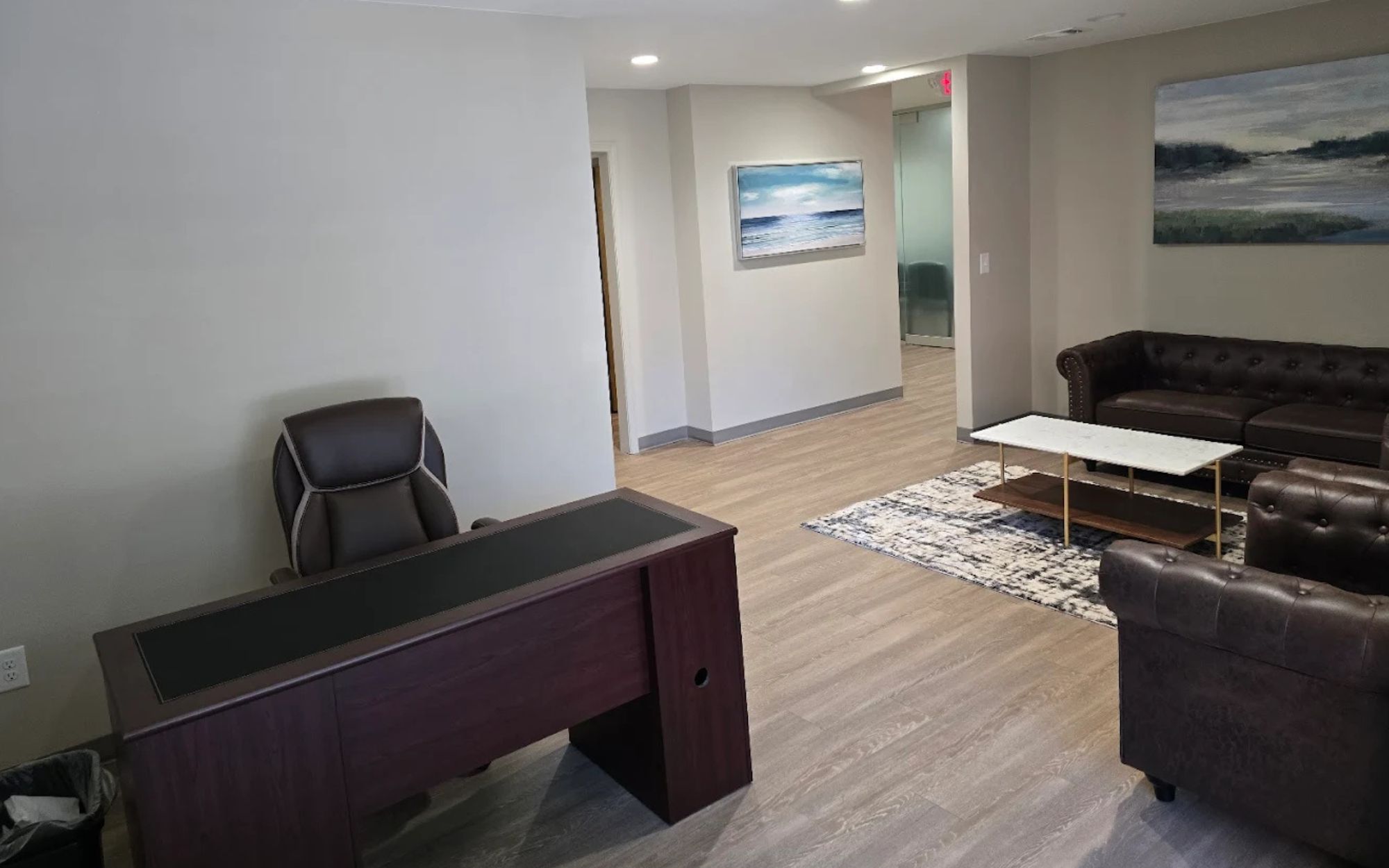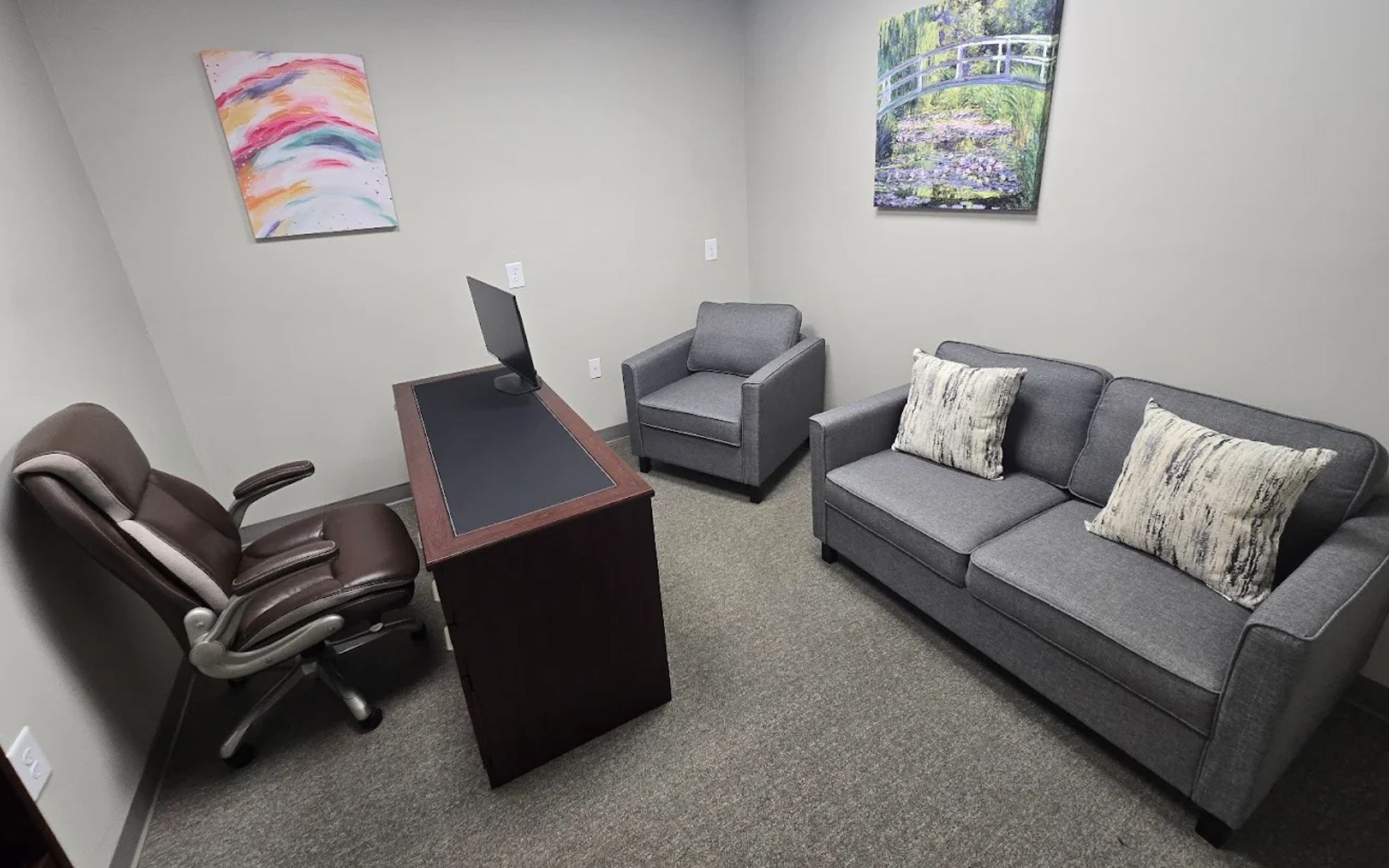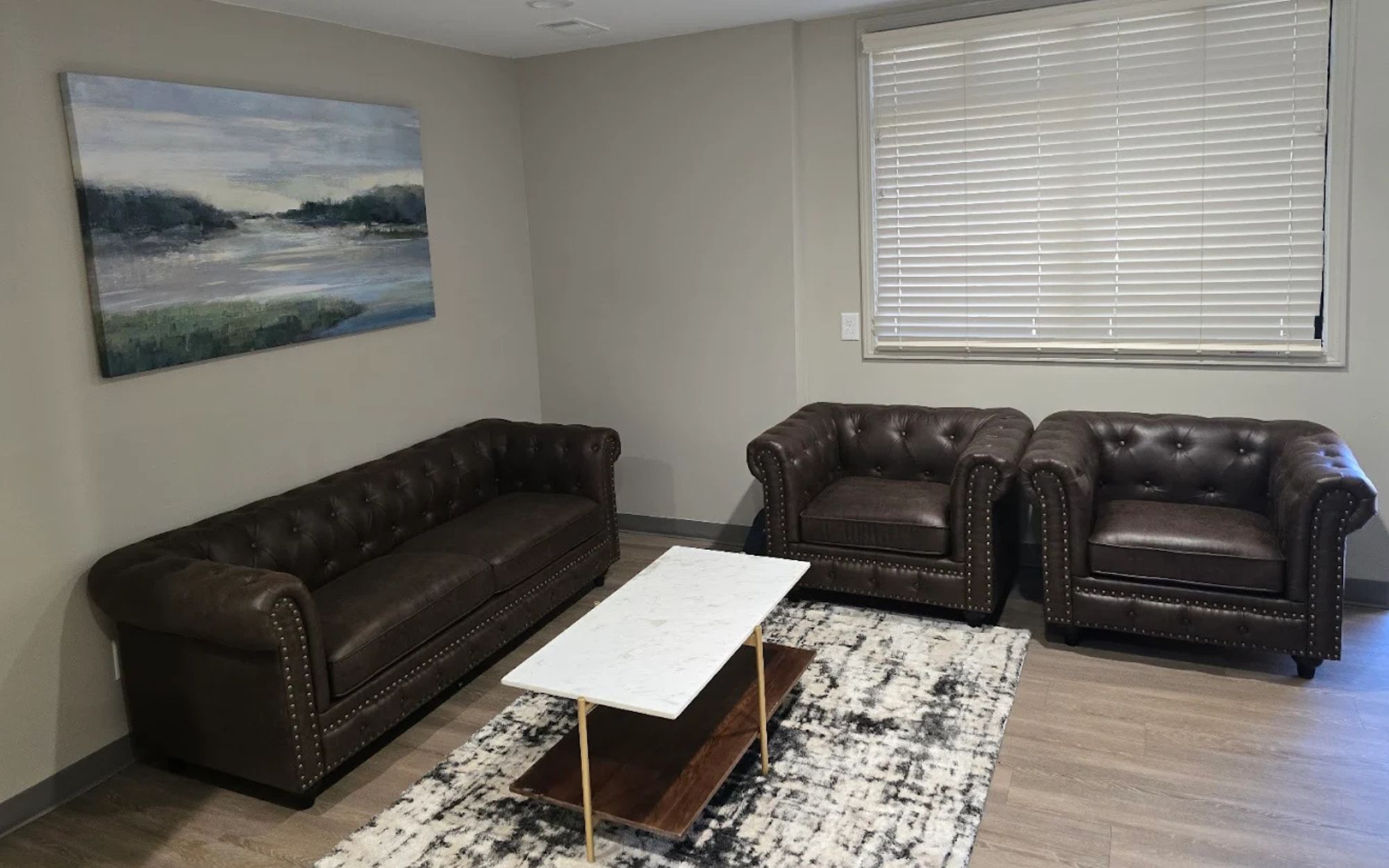
Outpatient care for disorganized thinking, perception, and recovery
Thought disorders disrupt the ability to think clearly, communicate effectively, and perceive reality accurately. These conditions are often misunderstood and misdiagnosed, leading many individuals to feel isolated or ashamed. At Lanier Recovery Center, we offer personalized, outpatient thought disorder treatment in Atlanta rooted in dignity, respect, and evidence-based care.
Our programs are designed to support those experiencing disorganized thoughts, hallucinations, delusions, or psychosis in a structured yet compassionate environment. We provide treatment through PHP, IOP, and OP levels of care with an emphasis on long-term stabilization and independence.

